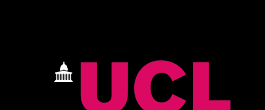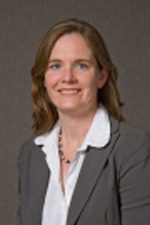

Dr. Sarah Bell is a Senior Lecturer at UCL, in the Department of Civil, Environmental and Geomatic Engineering. She says her main purpose is to improve the capacity of the engineering profession to contribute to sustainability through better understanding and integration of social and political factors in technical decision making.
Dr Sarah Bell began her career as a professional engineer in the aluminium industry in Australia. Concerned about the impact of the industry on global climate change she returned to university motivated to find out how engineering and technology could be better used in sustainable development. Her PhD in sustainability and technology policy focussed on a case study of sustainable agriculture and renewable energy. She taught sustainable agriculture and land management at the University of Sydney before returning to engineering through her appointment at UCL.
She is director of the MSc in Environmental Systems Engineering and co-director of the UCL Environment Institute, which involves co-ordinating a network of water researchers at UCL. In 2008 she received a Royal Academy of Engineering Exxon Mobil Excellence in Teaching award. She is principal investigator on two major EPSRC research grants, including a Bridging the Gaps award to enhance collaboration across departments at UCL on the topic of Sustainable Urban Spaces. Her research investigates the relationships between technology and society as they influence the sustainability of urban water systems. She has worked in collaboration with a number of organisations such as Thames Water, Arup, AECOM, WWF, Waterwise, the London Sustainability Exchange, Hull City Council and the London Borough of Camden, and on projects in several countries including Mexico, Peru, Australia, South Africa and the UK.
About this lecture:
Safe and reliable water systems are essential for good public health and modern urban life. Current systems of water provision and levels of water consumption in developed countries are unsustainable. Population growth, urban development and climate change are placing pressure on water resources and increasing the risk of flooding. Addressing these challenges will require radical changes in how water is sourced, treated, distributed and used in cities and homes. This lecture will outline new approaches to understanding water in cities, highlighting the importance of the relationship between technology and society in achieving sustainability.